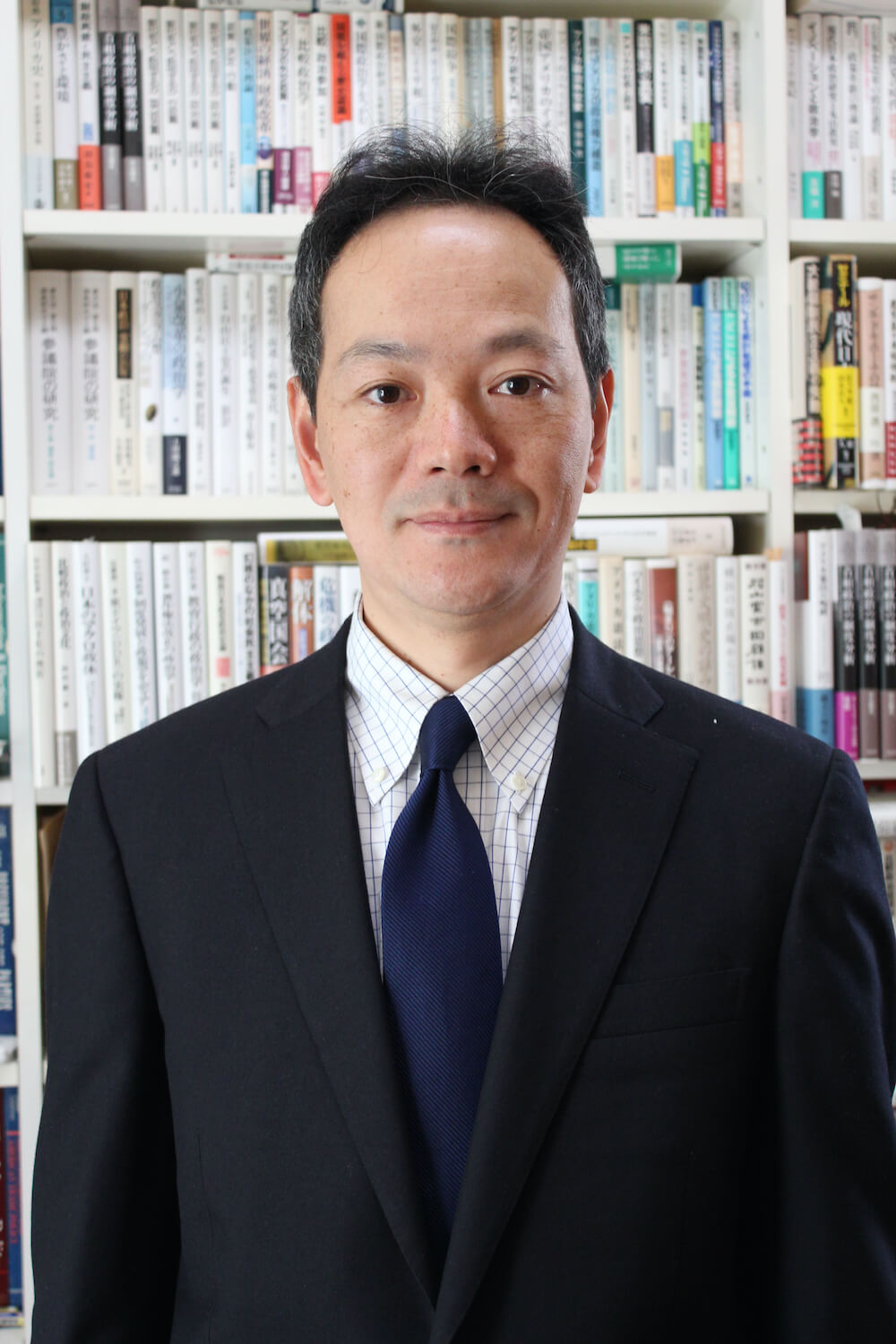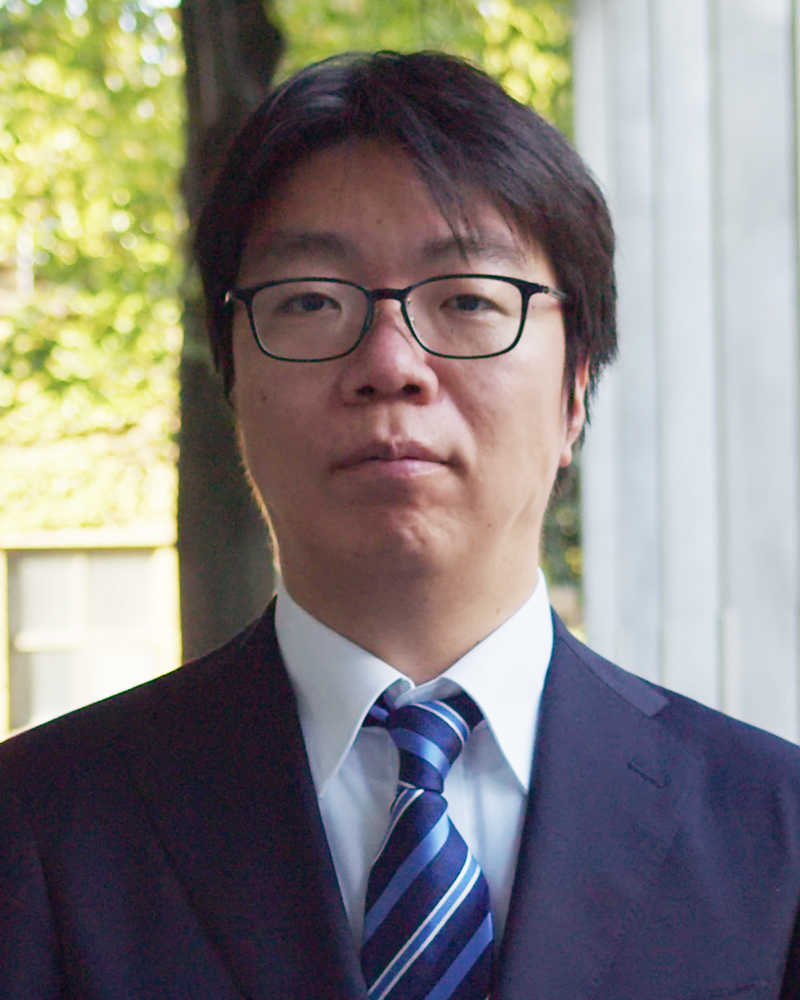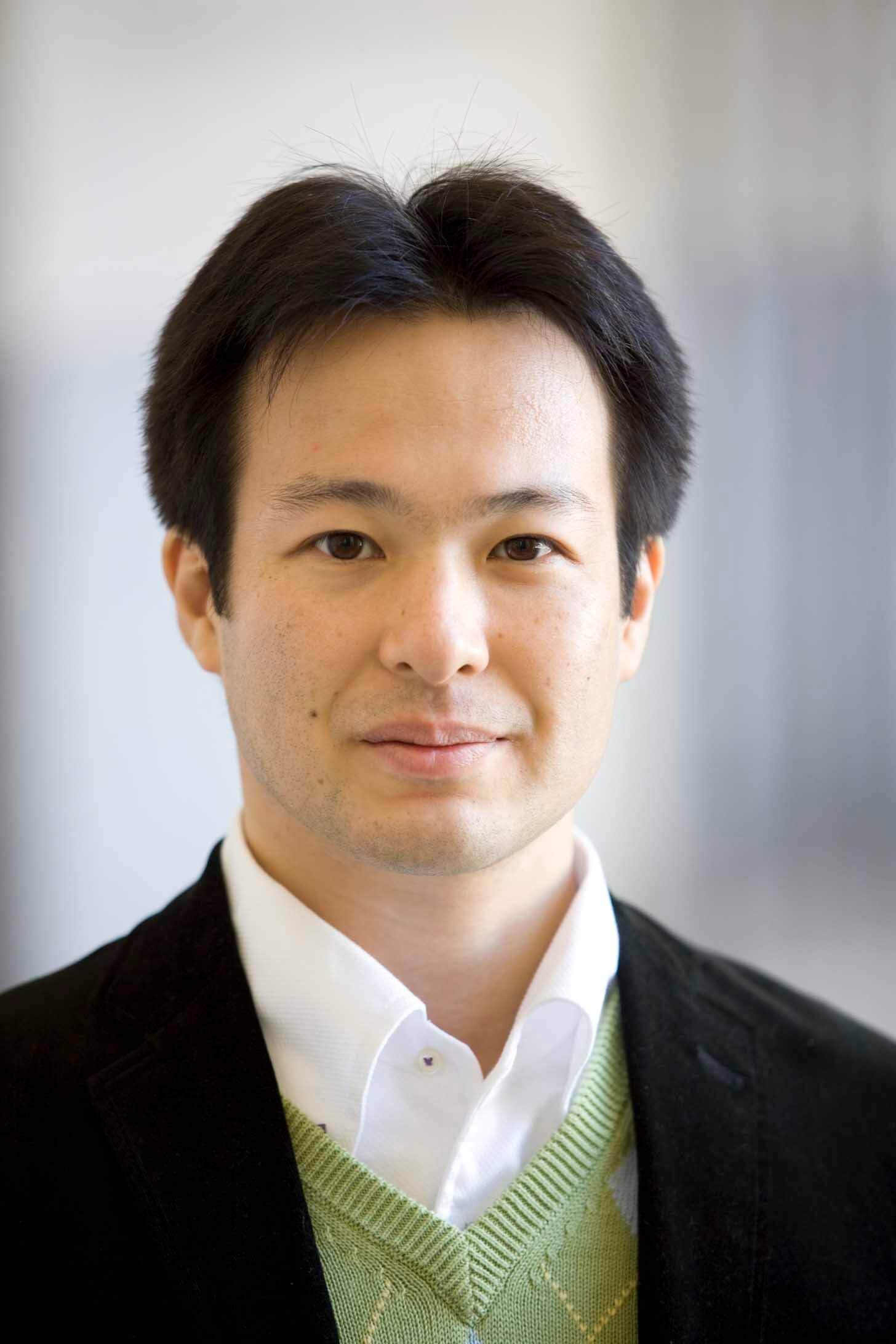"Empirical Methods of Analyzing Liberal Democracy" Working Group

Activity records
2025.01.31 (Fri.)
Event
Seminar
Workshop hosted by Columbia University
2024.12.21 (Sat.)
Event
Lecture
Thai Politics and Economy in the 21st Century: The Policy Direction of the Current Government
2024.02.15 (Thu.)
Event
Seminar
Changes in Thai politics and administration and future prospects
2023.07.14 (Fri.)
Event
Seminar
Closed Seminar on Thai General Election in May 2023
Members

Head
Satoshi MACHIDORI
He holds a Ph.D. from the Graduate School of Law, Kyoto University, Japan

Harukata TAKENAKA
Entered the Ministry of Finance in 1993.
Secretariat of the Central Ministries and Agencies Reform Promotion Headquarters in 1998.
Appointed as Associate Professor at the National Graduate Institute for Policy Studies (GRIPS) in 1999.
the Shorenstein Postdoctoral Fellowship ,Walter H. Shorenstein Asia-Pacific Research Center, Stanford University (2003–2004).
Director of the Policy Information Research Center and Director of the Library, GRIPS (2004–2006).
Promoted to Associate Professor under the revised School Education Act, GRIPS (2007).
Professor at GRIPS since 2010 (current position).

Ayako TOYAMA

Hanako OHMURA

Hirotaka Ohmura
Associate Professor, Department of Social Systems, Faculty of Economics, Shiga University (since October 2014)
Previous Positions:
April 2011 – September 2014: Lecturer, Faculty of Economics, Shiga University
Research Specializations:
National identity in the context of civil wars
Voter behavior during crises, such as the "rally 'round the flag effect"

Takako Hikoya
She specializes in Civil-Military Relations, Japanese Politics, Foreign Policy, and Security Policy
Academic Positions:
1995–1999: Assistant Professor, Faculty of Policy Management, Keio University
1999–2017: Lecturer and Associate Professor, Department of Public Policy, School of Humanities and Social Sciences, National Defense Academy of Japan
2016–2021: The Gerald L. Curtis Associate Professor of Modern Japanese Politics and Foreign Policy at Columbia University
2021-2025: Professor at Gakushuin University International Centre
2025- : Professor, Center for Global Education, The University of Tokyo

Masahiro YAMADA

Ryo NAKAI
Specialised in comparative politics (party politics and elections, nationalism and ethnopolitics).
Obtained PhD in 2012. He worked as an assistant at Waseda University, a JSPS Research Fellow, an assistant professor at Rikkyo University and associate professor at the Department of Policy Studies, The University of Kitakyushu before assuming his current position on April 1, 2024.

Ichiro KAJI, Ph.D.
Ichiro Kaji is a Project Researcher of Research Center for Advanced Science and Technology (RCAST), the University of Tokyo.
His research focuses on the provisions of the Japan-US Security Treaty, especially Article X which defines the duration of the treaty. He is currently building an online database of historical records of Japan-US relations on ROLES website.
He obtained his Ph.D. in Law and Politics from Osaka University in 2021. He was a Specially Appointed Fellow at Center for the Study of Co*Design, Osaka University(2018-2021).
Degree
Ph.D. (March 2021, Osaka University)
Professional Experience
Apr, 2021 - : Project Researcher, Research Center for Advanced Science and Technology, The University of Tokyo
Apr, 2021 - Mar, 2023: Invited Researcher, Center for Co-Design, Osaka University
Jun, 2018 - Mar, 2021: Project Researcher, Center for Co-Design, Osaka University

Satoshi IKEUCHI
Satoshi Ikeuchi is Professor of the Division of Religion and Global Security at the Research Center for Advanced Science and Technology (RCAST) of the University of Tokyo. He is the founding head of the RCAST Open Laboratory for Emergence Strategies (ROLES).
For the year 2022-2023, he is Senior Visiting Scholar in Residence at the Moshe Dayan Center (MDC) for Middle Eastern and African Studies of Tel Aviv University.
He is a scholar on Islamic political thought and the Middle East politics. As a leading public intellectual in Japan, he has been vigorously publishing on the Middle East and Islamic affairs.
His first publication based on his doctoral studies, Gendai Arabu-no Shakai Shiso: Shumatsuron-to Isramu-shugi (Contemporary Arab Social Thought: Eschatology and Islamism), was published in 2002 and earned Osaragi Jiro Prize for Critical Works. He also earned Suntory Prize for Social Sciences and Humanities in 2009 for his book Islamu Sekai-no Ronjikata (Methods of Discussing Islam).
His book on the Islamic State Isulamu Koku no Shogeki (The Impact of the Islamic State) published in January 2015 was a nation-wide best seller in Japan and awarded Mainichi Publishing Cultural Prize. His recent publication includes Saikusu Piko Kyotei: Hyakunen no Jubaku (Sykes-Picot Agreement: One Hundred Years of Obsession) in 2016 and Shiiaha to Sunniha (Shite and Sunnite) in 2018 both published from Shinchosha. He is the recipient of the 12th Nakasone Yasuhiro Prize in 2016 for his academic works and social engagements.
His collection of literary essays and book reviews Shomotsu not Unmei (The Fate of Books) published in 2006 and earned Mainichi Book Review Award for the year.
He was a visiting professor at the Alexandria University 2007-2008, Japan Scholar chair visiting scholar at the Woodrow Wilson International Center for Scholars in 2009 and Visiting Fellow at the Clare Hall, University of Cambridge in 2010.
He specializes in Middle East politics and Arab-Islamic Thought, particularly on global Jihadism and its implications for international security.
